Market Trends
Key Emerging Trends in the North America Moringa Products Market
The Moringa Products Market is currently witnessing several noteworthy trends that reflect the evolving preferences of consumers and the broader health and wellness landscape. One prominent trend is the increasing popularity of Moringa as a superfood. Consumers are becoming more aware of the rich nutritional profile of Moringa, which includes essential vitamins, minerals, and antioxidants. This heightened awareness has led to a surge in demand for Moringa-based products across various categories, such as supplements, powders, teas, and oils, as individuals seek to incorporate this nutrient-dense plant into their daily diets.
Sustainability is emerging as a key trend in the Moringa Products Market. Moringa is known for its adaptability to diverse climates and soil conditions, making it a sustainable crop that requires minimal resources for cultivation. As environmental concerns become more prevalent, consumers are gravitating towards products that align with eco-friendly practices. The sustainability of Moringa production positions it as an attractive option for those seeking products with a lower environmental impact.
Additionally, the Moringa Products Market is experiencing a surge in demand for organic and non-GMO products. Consumers are increasingly prioritizing natural and chemical-free options, and this preference extends to Moringa-based products. Companies that offer certified organic Moringa products are capitalizing on this trend, appealing to health-conscious consumers who value clean and transparent ingredient sourcing.
The rise of plant-based lifestyles is influencing the Moringa Products Market significantly. As more individuals adopt vegetarian or vegan diets, Moringa has become a valuable source of essential nutrients often found in animal products. Moringa's versatility allows it to cater to the plant-based movement, positioning it as a sought-after ingredient in plant-based foods, snacks, and supplements.
In terms of product innovation, there is a growing trend of incorporating Moringa into functional and convenient formats. Companies are developing Moringa-infused beverages, snacks, and ready-to-eat products to meet the demand for on-the-go nutrition. This trend reflects the changing consumer preferences for convenient yet nutritious options that fit into their busy lifestyles.
Moreover, the cosmetic and personal care industry is exploring the benefits of Moringa in skincare products. Moringa oil, extracted from the seeds, is gaining recognition for its moisturizing and antioxidant properties. This trend highlights the diversification of Moringa applications beyond dietary supplements, expanding its presence in the beauty and wellness sector.
The Moringa Products Market is also witnessing increased online sales and direct-to-consumer channels. The convenience of online shopping, coupled with the ability to access a broader range of Moringa products, has contributed to the growth of e-commerce in this market. Companies are leveraging digital platforms to reach a wider audience and offer educational content about the nutritional benefits of Moringa, fostering consumer engagement and loyalty.


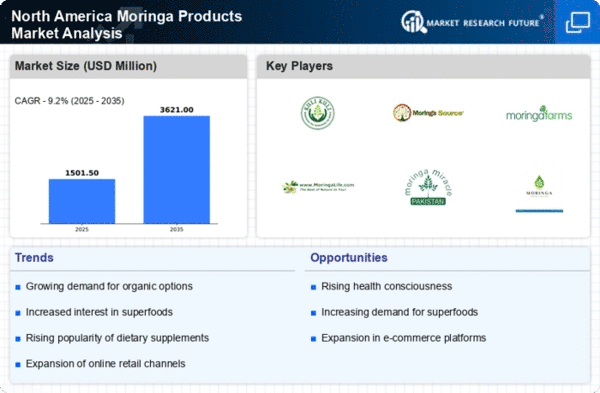
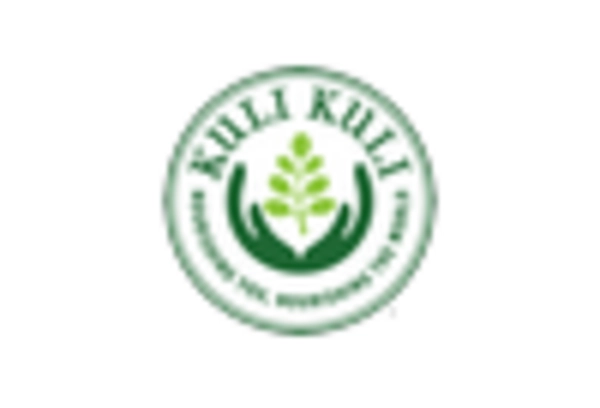

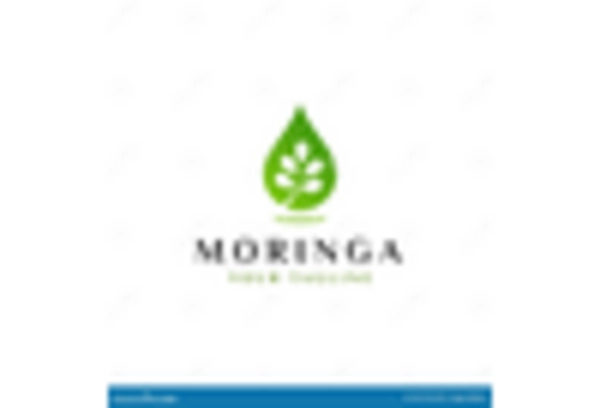
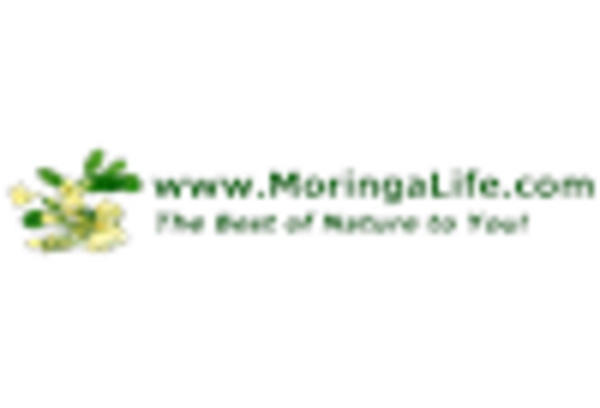
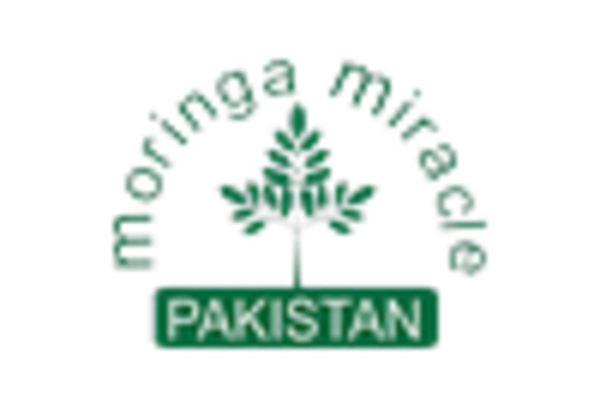
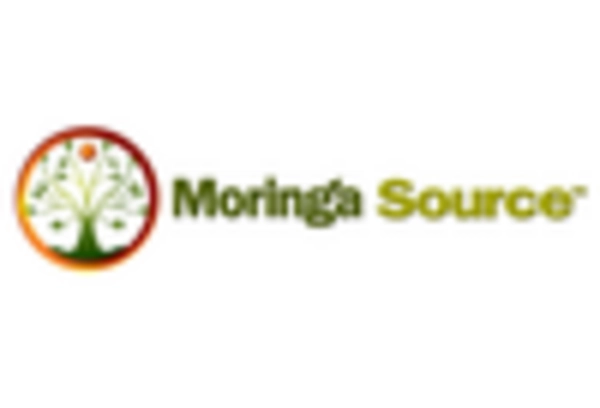










Leave a Comment